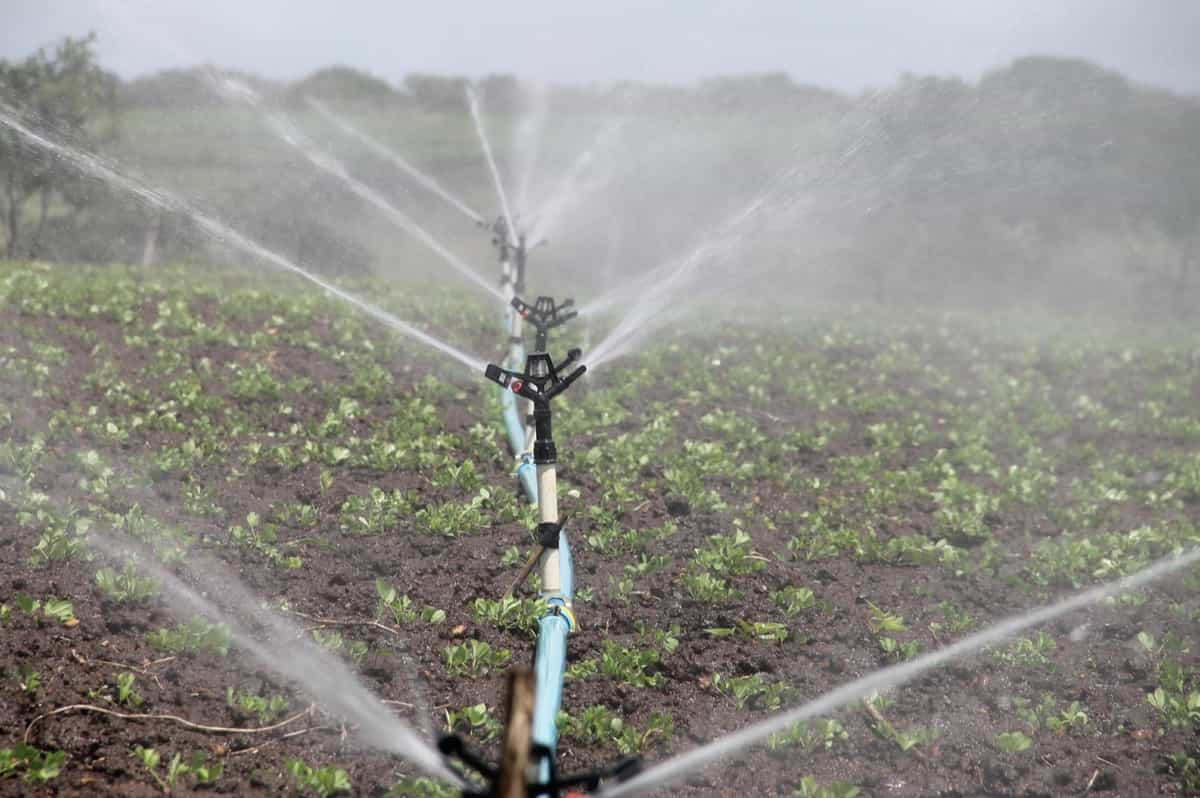
Maximizing Crop Yields: The Importance of Agricultural Irrigation System Installation
In the realm of agriculture, where every droplet counts towards the bounty of the harvest, the installation of efficient irrigation systems stands as a pivotal step towards maximizing crop yields and ensuring sustainable farming practices. In this comprehensive guide, we delve into the significance of Agricultural irrigation system installation, exploring its benefits, types, and essential considerations.
Understanding the Significance of Agricultural Irrigation Systems
Agricultural irrigation systems play a critical role in mitigating the impact of erratic weather patterns and water scarcity, providing a reliable means to deliver water to crops in a controlled manner. By optimizing water distribution, these systems facilitate uniform crop growth, minimize water wastage, and reduce labor costs associated with manual watering.
Benefits of Agricultural Irrigation System Installation
- Enhanced Crop Productivity: Properly installed irrigation systems ensure that crops receive adequate water at the right time, promoting healthy root development and optimal growth, ultimately leading to higher yields.
- Water Conservation: By delivering water directly to the root zone, irrigation systems minimize evaporation and runoff, conserving water resources and promoting eco-friendly farming practices.
- Time and Labor Efficiency: Automated irrigation systems streamline the watering process, reducing the need for manual labor and allowing farmers to allocate their time and resources more efficiently.
- Adaptability to Various Crops and Terrains: From row crops to orchards and vineyards, irrigation systems can be tailored to suit different crop types and terrains, ensuring optimal water distribution regardless of the agricultural landscape.
Types of Agricultural Irrigation Systems
- Drip Irrigation: Ideal for row crops, orchards, and gardens, drip irrigation systems deliver water directly to the root zone through a network of tubes and emitters, minimizing water wastage and maximizing efficiency.
- Sprinkler Irrigation: Widely used in large-scale farming operations, sprinkler systems disperse water through overhead sprinklers or rotating nozzles, providing uniform coverage across the field.
- Flood Irrigation: Commonly employed in flat terrains, flood irrigation involves flooding the field with water, allowing it to soak into the soil and nourish the crops. While simple and cost-effective, this method can lead to water wastage and soil erosion if not managed properly.
- Center Pivot Irrigation: Suited for large, circular fields, center pivot systems consist of rotating sprinklers mounted on wheeled towers, delivering water in a circular pattern as the pivot moves across the field.
Essential Considerations for Irrigation System Installation
- Water Source and Quality: Assess the availability and quality of water sources such as wells, rivers, or reservoirs, ensuring compatibility with the chosen irrigation system and addressing any water treatment needs.
- Crop Water Requirements: Consider the water needs of the crops being cultivated, taking into account factors such as crop type, growth stage, and seasonal variations in water demand.
- Terrain and Soil Characteristics: Evaluate the terrain slope, soil type, and drainage patterns to determine the most suitable irrigation system and layout for optimal water distribution and soil conservation.
- Budget and Resource Constraints: Balance the upfront costs of installation with long-term savings and benefits, exploring financing options and government incentives for sustainable irrigation practices.
Lawn Fertilizer: Complementing Irrigation for Lush Greenery
While irrigation systems ensure adequate water supply for crops, the application of lawn fertilizer plays a complementary role in promoting healthy plant growth and vibrant greenery. Rich in essential nutrients such as nitrogen, phosphorus, and potassium, fertilizers nourish the soil and enhance its fertility, resulting in lush, verdant lawns and vibrant landscapes.
Conclusion
The installation of agricultural irrigation systems serves as a cornerstone of modern farming practices, offering a multitude of benefits ranging from enhanced crop productivity to water conservation and labor efficiency. By harnessing the power of technology and innovation, farmers can optimize water usage, mitigate environmental impact, and pave the way for a more sustainable agricultural future.


